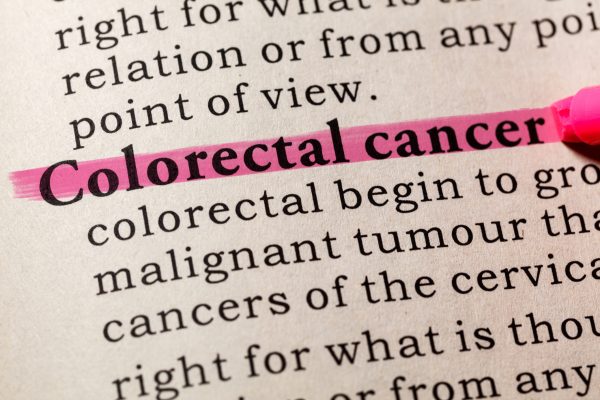
A recent study reports that colorectal cancer (CRC) survivors benefit from the World Cancer Research Fund/American Institute for Cancer Research (WCRF/AICR) lifestyle recommendations regarding the quality of life and management of fatigue. These findings were recently published in the journal Cancers.
The 2018 WCFR/AICR guidelines have been recommended for CRC survivors. The researchers have investigated the adherence to these guidelines and their association with health-related quality of life (HRQoL), fatigue, and chemotherapy-induced peripheral neuropathy (CIPN) in CRC survivors.
The prospective study enrolled 459 participants who were CRC survivors. Home visits to these patients were performed after six weeks, 6, 12, and 24-months post-treatment. During these visits, parameters such as diet, sedentary behaviour, body composition, and physical activity were recorded. A lifestyle score was generated based on adherence to seven 2018 WCRF/AICR recommendations based on these parameters. Further, an association of HRQoL, fatigue and CIPN with lifestyle scores was analysed using confounder-adjusted linear mixed models.
It was found that a high lifestyle score was associated with better physical functioning and less fatigue due to activity. In addition, lifestyle scores influenced the quality of life. In contrast, the consumption of alcohol and body composition had a counteractive influence on the lifestyle score.
The findings from the study underline the positive effect of adherence to WCRF/AICR lifestyle recommendations on CRC survivors.
Reference